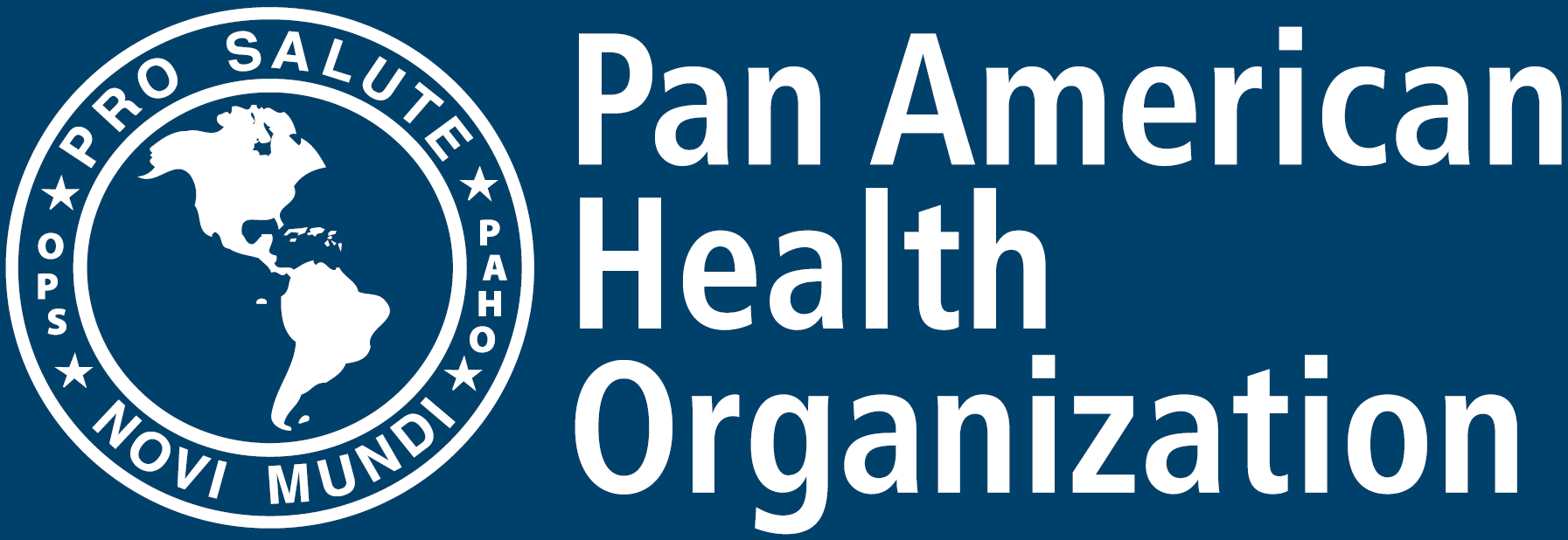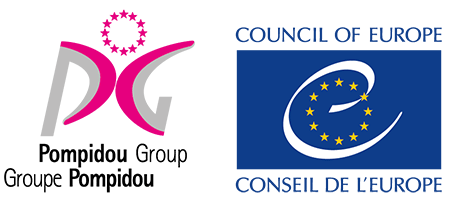Initiatives for Sub-Working Group 1.2 - Trafficking of Synthetic Drugs
1201: Strengthen public-private partnerships and industry cooperation to combat the diversion of precursor chemicals
INCB’s activities related to cooperation with industry aim at: raising awareness about the merits and potential of such cooperation in addressing the illicit manufacture of drugs; supporting Governments by developing guidance materials, practical tools and resources, including facilitating twinning between Governments for sharing of good practices; supporting/guiding Governments to map their national industry landscapes.
Read more...1202: Synthetic Drugs Detection Project - Precursors component
The Precursors component aims to mobilize customs administrations and strengthening controls on synthetic drug precursor chemicals.
The goal of this component is to draw up useful risk indicators and profiling techniques for customs to carry out effective controls on the illicit diversion of legal precursor chemicals.
A working group to identify the regulatory and technical challenges encountered by customs administrations will be formed to put forward recommendations and help develop the legal and regulatory framework.
Customs control experts will be gathered to work on guidelines to improve risk analysis of precursor chemicals.
1203: Training Course on the Analysis of New Psychoactive Substances [NPS] for Forensic Experts
This program meets the critical need for specialized training in the detection and identification of synthetic drugs and NPS in seized materials, an essential skill for successfully prosecuting drug trafficking cases. This training program is tailored for technical staff in police and judicial forensic labs and aims to enhance their theoretical understanding and practical skills.
Read more...1204: Synthetic Drugs Detection Project - Mail Channel Component
The overall aim of the Mail Channel component of the WCO's Synthetic Drug Detection project is to reduce the flow of synthetic drugs through the post by building the capacity of Customs units and postal services in postal and express freight centers.
Securing postal consignments is an important area of Customs controls and is of strategic importance for the security of e-commerce. The COVID crisis has considerably altered the habits of drug consumers and traffickers, making both legal and illegal e-commerce platforms popular channels for the distribution of synthetic drugs in particular and illicit opioids.
Improving officers’ skills to identify products and target at-risk shipments are the main drivers of the project.
The introduction of innovative technology solutions is also one of the main focuses of this component.
1205: Specialized Training Program to Counter Trafficking of Synthetic Drugs and New Psychoactive Substances (NPS) Via Postal and Courier Services
In response to the growing trend of synthetic drugs and NPS being sold online and shipped through postal and courier services, this specialized training program is tailored to enhance the operational capacities of postal officers in profiling, detecting, and intercepting illicit drug shipments sent via mail. The methodology integrates theoretical lessons with practical exercises to ensure practical application of learned techniques.
Read more...1206: Preventing and Detecting the Trafficking of Synthetic Drugs in Aviation
Synthetic drugs and their precursors tend to be trafficked across continents by air more than any other type of illicit drugs. In response to this pressing challenge, the International Civil Aviation Organization (ICAO) and the United Nations Office on Drugs and Crime (UNODC) Synthetic Drug Strategy have initiated a collaborative program to assist the aviation sector in preventing and detecting the trafficking of synthetic drugs and their precursors within aviation environments.
As the specialized United Nations agency overseeing international air transport, ICAO assumes a pivotal role in formulating new and revised Standards and Recommended Practices (SARPs) aimed at enhancing the security of international air transport. The UNODC Synthetic Drug Strategy complements these endeavors by providing a comprehensive framework for implementing global responses to synthetic drugs, covering various strategic areas of action.
Together, ICAO and the UNODC Synthetic Drug Strategy’s joint program strengthens international efforts in countering the trafficking of synthetic drugs and their precursors by ensuring a more secure and resilient aviation environment.
1207: Synthetic Drugs Detection Project - General Aviation Component
The "general aviation" component aims to increase the quantity and quality of controls on private aircraft suspected of trafficking synthetic drugs.
General aviation tends to have more relaxed regulatory controls and is less attended by law enforcement agencies. This flexibility makes it the right tool for organized crimes and drug traffickers. For several years, general aviation has been increasingly used by criminal groups in synthetic drugs trafficking.
This initiative aims to provide competent authorities with an effective approach to carry out risk analysis and targeting on suspect aircrafts, improve the efficiency and effectiveness of the control, and strengthen their capacity in threat analysis through the collection of control data and exchange of operational information.
This initiative also aims to improve the general aviation control standards of countries.
1208: Passenger and Cargo Border Team
The Passenger and Cargo Border Team (PCBT) was established through the merger of the UNODC-WCO Container Control Programme (CCP) and the UNODC-INTERPOL-WCO Airport Communication Programme (AIRCOP). The Programme’s objective is to improve the capacity of Member States and their law enforcement agencies active at air, sea and land borders, usually through the establishment of inter-agency units (such as Joint Airport Interdiction Task Forces, JAITFs, Port Control Units, PCUs and/or Air Cargo Control Units, ACCUs), to disrupt illicit flows of containers, cargo and mail, intercept high-risk passengers and identify victims of trafficking, while facilitating legitimate trade and the movement of people.
Read more...1209: Synthetic Drugs Detection Project - Canine Forces Component
The canine component of the WCO Synthetic Drug Detection Project aims to provide beneficiary countries with the capacity to detect synthetic drugs including fentanyl at the cargo and passenger fronts at borders. The project aims to provide national administrations with guidelines and technical notes on canine synthetic drugs detection, as well as to provide practical training to enhance the effectiveness of their K9 units.
Read more...1210: Surface-web training to identify suspicious postings of precursor chemicals and equipment used for illicit drug manufacturing
The initiative is aimed at enhancing the capabilities of regulatory and law enforcement officials in monitoring the Internet (surface web) for identifying new trafficking trends and investigating suspicious online activities related to precursor chemicals and illicit drug manufacturing equipment. The initiative comprises capacity building measures (through development of guidance materials and in person trainings), as well as operational support (through targeted international operations and facilitating related investigations).
Read more...1211: Training Program on Counterdrug Operational Police Intelligence
The objective of this program is to increase the capacity of drug control analysts and investigators in specialized techniques related to the development and analysis of counterdrug police intelligence, enhancing their ability to effectively investigate and dismantle organized criminal groups involved in drug trafficking. The focus will be on operational law enforcement intelligence, specifically tailored to counter synthetic drug threats. The methodology integrates theoretical lessons with practical exercises, emphasizing real-world scenarios to ensure practical application of learned techniques.
Read more...1212: Strengthen interregional cooperation and information exchange to counter trafficking and manufacture of synthetic drugs
Synthetic drug manufacture and trafficking is a global business which almost always involves countries in different regions. The origins of precursor chemicals, clandestine laboratories, transshipment points, the actual drug users, are often in different countries. Still, technical experts and mid-level decision makers in the field of drug control often do have the necessary direct contact to counterparts in countries in other regions, particularly to exchange or request information informally.
The tri-lateral consultations on synthetic drugs are a format developed by UNODC to harvest the often unique, hands-on knowledge on patterns and emerging trends of synthetic drug manufacture and trafficking technical which experts and mid-level decision makers in the field of drug control possess. They typically focus on three to four countries from two regions facing common synthetic drug challenges plus experts from relevant regional / international organizations. The meetings result in concrete, actionable recommendations. The activity includes preparatory meetings, an in-person technical meeting, and follow-up activities.
1213: Middle East Drug Dialogue [MEDD]
Regional counterdrug dialogue focused on countering the regional threat posed to Middle Eastern countries and U.S. interests by synthetic drug trafficking, especially captagon. This event will establish a common understanding of the threat and share best practices. It will also provide countries the opportunity to establish relationships and networks.
Read more...1214: Justices United against Synthetics Trafficking [JUST]
The Justices United against Synthetics Trafficking (JUST) program is a comprehensive initiative aimed at addressing the growing global problem of synthetic drug trafficking and its associated challenges. The program focuses on equipping judges and prosecutors in at-risk* countries with the knowledge, tools, and resources necessary to effectively adjudicate cases related to synthetic opioids trafficking.
Read more...1215: Global Programme on Cybercrime
The Global Programme on Cybercrime is an initiative by the United Nations Office on Drugs and Crime (UNODC) designed to respond flexibly to the needs identified in Member States to prevent and combat cybercrime in a holistic manner. It provides technical support in crime prevention and criminal justice based on UNODC’s assessment protocols and technical assistance tools. The Global Programme on Cybercrime support to Member States is based on four pillars: (a) capacity building; (b) regulatory framework; (c) cooperation; and (d) prevention.
Read more...-
Africa Union -
Caricom -
Colombo Plan -

Indian Ocean Commission (IOC) -
International Narcotics Control Board -
International Criminal Police Organization -

Organization of American States, Inter-American Drug Abuse Control Commission (CICAD) -

Pan American Health Organization (PAHO) -
Pacific Island Forum (PIF) -

Pompidou Group -
United Nations Interregional Crime and Justice Research Institute (UNICRI) -
United Nations Office on Drugs and Crime (UNODC) -
Universal Postal Union -

World Customs Organization -
World Health Organization